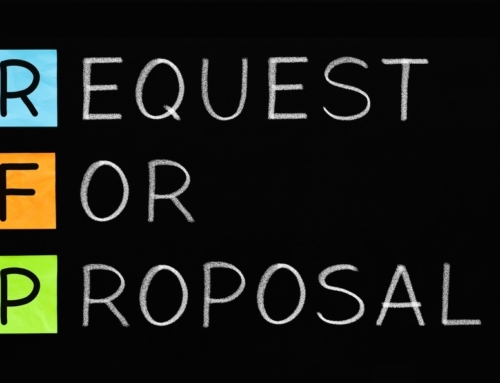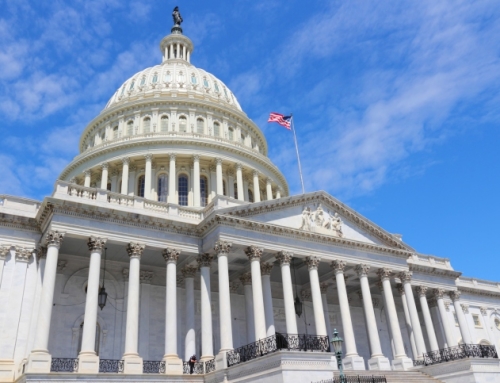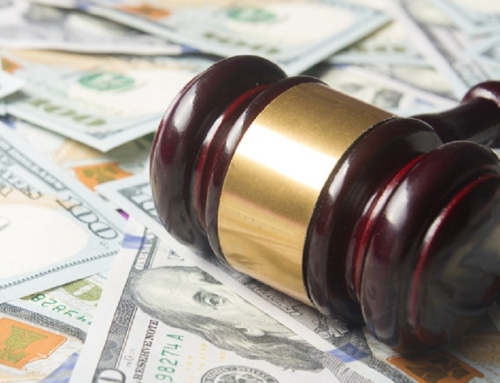The named plaintiff in the Uber independent contractor misclassification case wants out, and numerous parties have filed concerns with the court over the proposed $100 million settlement. The developments gained media exposure. However, attorneys for both Uber and the plaintiffs argued the deal is fair given concerns the drivers might get nothing if the case goes to trial and the danger of the Appeals Court ruling against certifying the class in this class action lawsuit.
Uber attorneys noted only 30 objections were filed with the court out of the proposed class of more than 380,000 drivers. And those objections were largely “irrelevant,” they wrote.
“Any reporting by the media of a ‘negative reaction’ by drivers is therefore false or, at a minimum, wildly overstated, and cannot be a reason for denying preliminary approval at this stage, particularly when the court will have an opportunity to consider any objections more fully at final approval,” according to their filing.
Plaintiffs’ attorney Shannon Liss-Riordan also raised concerns about the media coverage. In a court filing, she wrote that her office received feedback from more than 2,500 Uber drivers regarding the settlement, and 98% have either responded positively or were contacting the office to inquire about whether they would be covered by the deal.
Information in one court filing from Liss-Riordan regarding Douglas O’Connor — the named plaintiff in the lawsuit who was critical about the settlement — were redacted in documents available to the public with client privacy being cited as the reason.
Under the deal, Uber will pay $84 million to the plaintiffs and, if it goes public, will also make another $16 million payment for a total of $100 million. Uber will also make several nonmonetary concessions such as new policies for deactivating drivers with the nonmonetary concessions scheduled to go away in two years. It also leaves the drivers as independent contractors; it does not make them employees. The deal covers drivers in California and Massachusetts.
“This agreement includes not only a monetary payment of up to $100 million – the largest settlement in history involving any ‘on demand’ company – it also incorporates significant non-monetary relief affecting Uber’s driver deactivation procedures, driver appeal rights, an association representing drivers’ interests, and arbitration costs among many other topics,” attorneys for Uber wrote in a court filing.
However, Uber continues to face other independent contractor compliance litigation from drivers. One lawsuit filed this month in Illinois seeks to represent drivers in states other than California and Massachusetts and made them employees. That case is Trosper v. Uber Technologies Inc.









